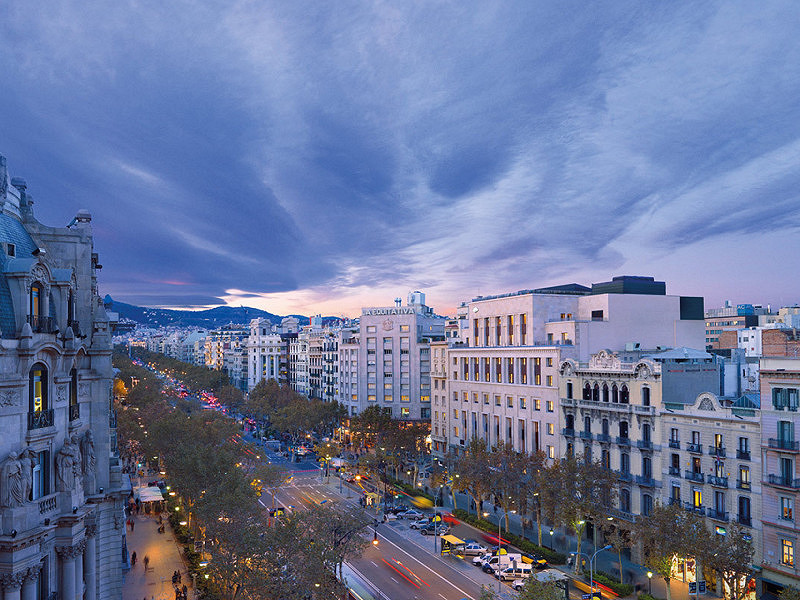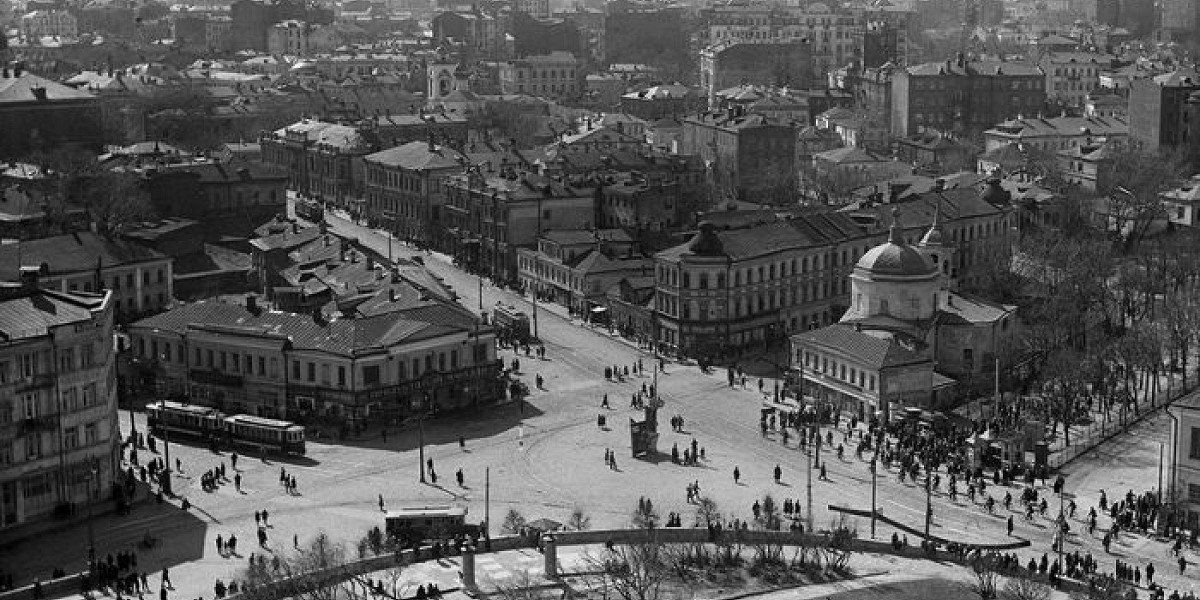
In light of recent events, it is interesting to learn about the history of the origin of the capital of Catalonia - Barcelona.
The history of the city begins in the 1st century BC, when the city of Laie was founded, which the Romans captured in 133 BC, renaming it Barcino. After that, active development of the city began. In the modern Gothic Quarter, you can still see buildings with a characteristic Roman layout. By the 5th century, the Visigoths, led by King Athaulf, conquered the city and named it Barcelona. In the 801 century, Barcelona was captured by French troops under the command of Louis the Pious, and it became Moorish territory. Then the city received its current name - Barcelona. Over the next 200 years, the city was defended by margraves, among whom Wifred was especially famous. For his valor in battle, he received the title of Count from Charles I and became the founder of the dynasty of Barcelona counts, after which the city became the count's center.
In the 1st century, the city's flag was created - a golden shield with four red vertical stripes. This symbol is still used today.
Towards the end of the first millennium, Cordoba came under the control of the Caliphate led by Al-Mansur. After his death, the Caliphate disintegrated into many small taifas, which began to conflict with each other. It was during this period that the name Catalonia arose, from the word castlans, which translates as "land of the castle owners" (warring taifas). After the collapse of the Caliphate, Barcelona was ruled by Count Borrell II.
The feud and unrest in this region continued until Berenguer III the Great, at the end of the first millennium, concluded a politically advantageous alliance through marriage between the two counties of Catalonia and Provence. This allowed him to regain control of Mallorca, Ibiza and Tarragona, previously captured by the Moors. Later, in 1137, his son married Petronilla, the heiress to the throne of Aragon. From that time on, the united kingdom was called the Catalan-Aragonese Confederation.
At the beginning of the 13th century, Pope Innocent III initiated a crusade. In 1213, the rebel forces were defeated in their fight against the Catholic crusaders. As a result, Catalonia lost its French territories, with the exception of Montpellier.
Even earlier, in the 8th century, the Reconquista began in Spain – the process of returning Catalan lands captured by Muslims. Even the Holy Inquisition took part in it. Under the reign of Ferdinand II of Aragon and Isabella I of Castile, by the end of the 14th century, the Moors were finally driven out of Catalonia. Until 1410, Barcelona remained a count's city, but after the death of the last descendant of Count Guifred without heirs, the city's governance passed to Ferdinand de Antequera, who founded the Trastamara dynasty. In the 15th century, the first university was opened in Barcelona, and Columbus returned from an expedition to America. When Charles I became King of Spain and limited the rights of Barcelona, a serious crisis began – he took control of trade with the New World. In the 7th century, under the reign of Philip IV, the "War of the Reapers" (1640) occurred, when Spain fought France and Portugal. The Catalans supported France by declaring Louis XIII Count of Barcelona, although Spain was at war with him. However, the French side betrayed Catalonia by concluding a peace agreement with Spain. As a result, Philip IV besieged Barcelona, and France received the Catalan lands north of the Pyrenees by agreement.
In the 17th century, the Spanish throne fell vacant and the War of the Spanish Succession began. The siege of Barcelona was between the armies of Charles of Austria (supported by the League of Augsburg and the Spanish king Charles II) and Philip V. Although the Catalans fought on the side of Charles of Austria, the Bourbons were victorious. The final battle ended on September 11, 1714, and this day is celebrated annually in Barcelona as Catalonia Day. The Bourbons abolished local government and made Castilian the official language. However, there were also positive changes: trade with the American colonies was resumed, which contributed to economic growth. Under the Bourbons, Barcelona saw a flourishing of trade, industry and art, with landmarks such as La Rambla, the first factory and railway appearing.
During the Napoleonic Wars, Barcelona unexpectedly supported the Bourbons. By the middle of the 18th century, the city expanded beyond the old fortress walls, the Ciutadella and the Montjuic castle. In 1858, the residents decided to demolish the walls and the Ciutadella fortress.
In the 20th century, Spain again experienced significant changes. After the abdication of King Alfonso XIII in 1932, a republic was established in Catalonia and the Generalitat, a local government body, was created.
But then Franco came along and in 1936 a military coup led to the outbreak of conflict between the Republicans and the Francoists.
Catalonia was forced to submit to the Francoist regime for 40 years, which brought it much suffering. These difficult times only ended with the death of the dictator on November 20, 1975.
In 1978, a new Spanish Constitution came into force and the country became a constitutional monarchy made up of autonomous regions. Each autonomous region received certain powers, with the Basque Country and Catalonia, with its center in Barcelona, enjoying the greatest freedoms. In 1980, the Generalitat was re-established and Jordi Pujol became its head, remaining in this position until 2003. In the following years, the Republican Party won the elections to the Generalitat and the question of independence was raised again. Thus began a new chapter in history, with the question always on the agenda.



